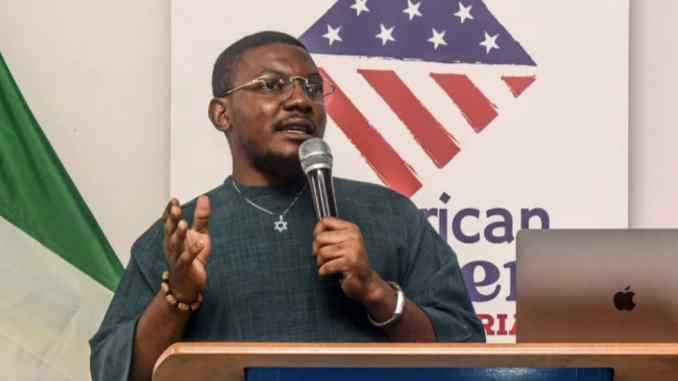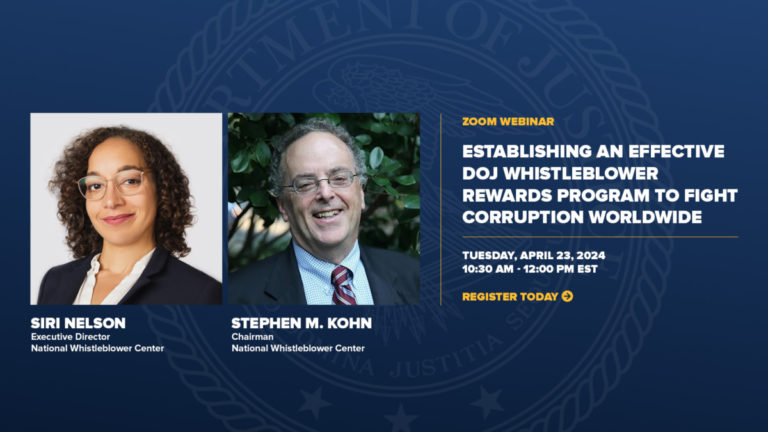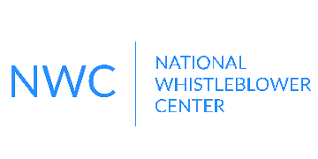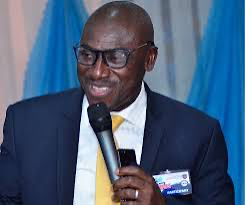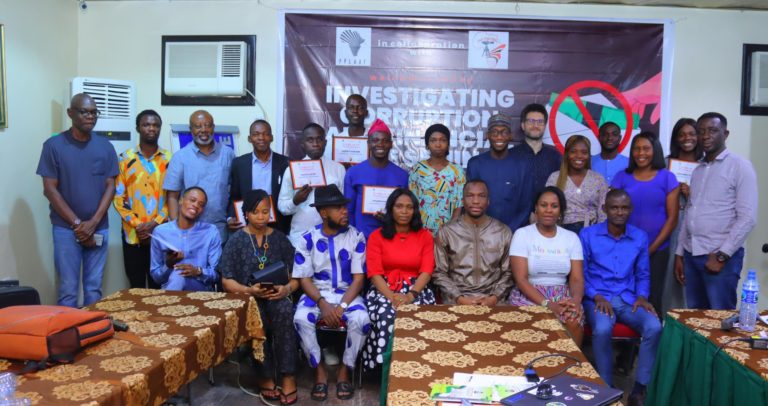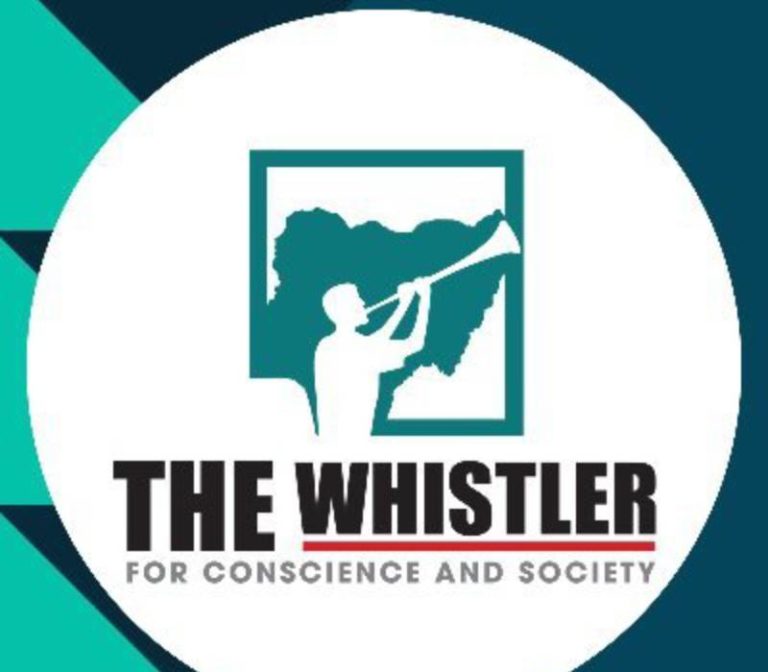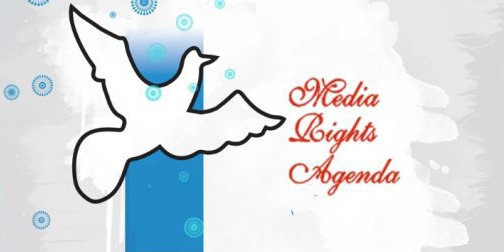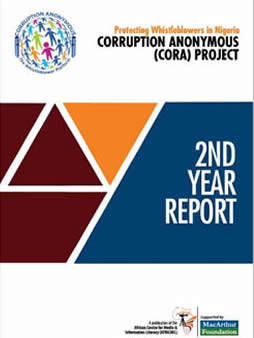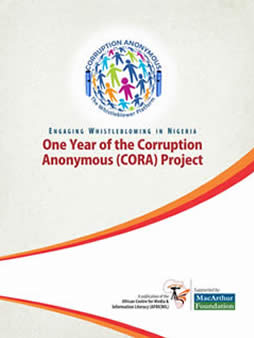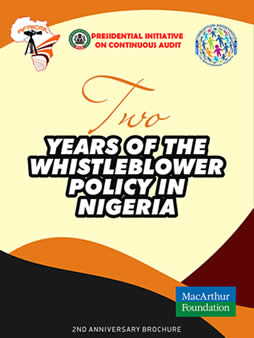By Kole Shettima & Erin Sines
The world is different since the last time we wrote to you. The COVID-19 pandemic has closed our communities, taken friends and loved ones, and made the many fault lines in our societies all the more visible. Despite the seemingly consistent flow of bad news, we could not be more proud and honored to support the timely and critically important work of Nigerian civil society and media organizations that are fighting back against mis- and dis-information about the virus; providing accurate information to the public about the dangers of COVID-19 and how to keep safe; tracking funds allocated for COVID-19 response and recovery; and providing equipment for some of the most vulnerable members of society and frontline workers. We note the leading role that government reformers, civil society, and the media are playing in Nigeria’s COVID-19 response, and we know that they are critical for Nigeria’s recovery.
As COVID-19 made itself known around the world, our team completed a year-long review of our anti-corruption strategy. We spoke with our partner organizations, peer donors, and outside experts about progress and possible next steps. Our Evaluation and Learning partner produced a new strategy evaluation report summarizing progress, challenges, and opportunities. We commissioned research and hosted consultations with experts from many sectors.
MacArthur continues to be enthusiastic about the work in Nigeria, remains committed to the country, and is pleased with the progress our partners are making. Nigeria remains a Big Bet commitment for the Foundation as we support your work to strengthen accountability, transparency, and participation. In the next phase of our work, we will consolidate and deepen our areas of focus.
This new phase of consolidation means that we will leave some of our former priority areas—namely the sectoral anti-corruption efforts that we have been funding in education and electricity. Despite challenging circumstances, our partners have performed remarkably well. We have made the commitment to our sectoral partners to exit responsibly and slowly, to create opportunities for the organizations to get stronger, and to look for ways to elevate the work.
In the next phase of On Nigeria, continuing work will adjust to reflect what we and our partners have learned as well as the changing context. We will prioritize high-quality investigative and data-driven journalism in English and local Nigerian languages because it draws attention to corruption and demands action from government and the private sector. We will support the next phase of efforts to reform Nigeria’s criminal justice sector by focusing on the implementation of the Administration of Criminal Justice Act and complementary anti-corruption laws and policies. We will continue to support entertainers and faith communities to use their platforms to encourage accountability and integrity in society and to shift social norms around corruption. Finally, we will support advocates and activists to enable communities to demand action and policy change from their local, state, and federal governments.
During this phase, we will ask ourselves and our partners, “What does this work leave behind? How will this work continue to serve Nigerians even after the project has ended?” We will place a strong emphasis on institutionalizing policies, practices, and approaches that will continue to fight corruption long into the future. We will also do our best to ensure that civil society and media organizations are strengthened through our partnership and continue to have the opportunity to work with their peers in coalitions. We will also ensure that our work reflects the gender, generational, geographic, and social diversity that makes Nigeria such a vibrant and dynamic society.
As always, we welcome your feedback and questions.
Regards,
Kole Shettima is Co-Director, On Nigeria; Director, Africa Office
Erin Sines is Co-Director, On Nigeria
Source: https://www.macfound.org







